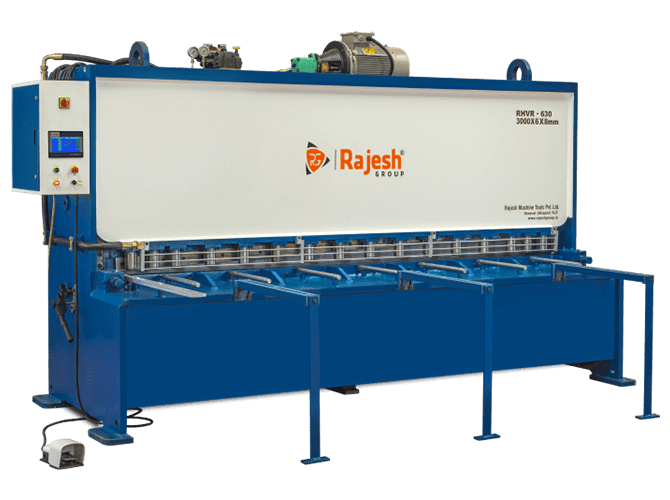Forging presses are the second gathering of forging machines routinely utilized in impression die casting and huge open die casting and forging. They are generally delegated mechanical or hydraulic, in light of the means used to convey energy. Presses convey energy more leisurely than do hammers. They are utilized for all alloy gatherings and are utilized in inclination to hammers for alloys that require slow deformity rates. And a large portion of the magnesium alloys. Likewise, with hammers, they normally work upward. The upper die casting is connected to the slam, and the descending stroke of the smash applies force on the workpiece.
Forging machines
Forging Machines (Upsetters) Forging machines are additionally called up setters. They were initially evolved to disturb metal for bolt heads. And comparative shapes, and are here and there alluded to as “headers”. They are presently used to assemble or agitate (horizontally uproot) material, either toward the finish of the feedstock, between the closures, or in a few spots. They might utilized to accumulate metal preceding forging procedure on other hardware, or to create complicated. Completed setups with accuracy, for example, gear spaces, bearing races, and shafts. Hydraulic Shearing Machine
Mechanical presses machine
Forging machines are fundamentally twofold acting mechanical presses working in a level plane. They utilize a flywheel, air grasp, and unpredictable shaft to work the slide (or heading ram). In activity, bar stock, either warmed or room temperature, is set against the fixed die casting. The hold kick the bucket moves along the side against the fixed die, grasping the stock firmly. The heading casting with its joined heading apparatus (die) then pushes ahead against the finish of the workpiece and dislodges stock into the die casting impressions. As the slam subsides, the grasp die casting withdraws and delivers the workpiece, which is prepared for resulting forging activities. Now and again, the forging is punched or sheared off of the bar stock in the last step.
Forging machines are appraised for size as indicated by the most extreme bar size for which they can give an irritated head. For instance, a two-inch upsetter could hypothetically head bolts or structure highlights in sizes up to two inches stem width.
At the point when a huge volume of products are to be delivered, for example, car and bearing assembling, programmed, numerous stage hot forging machines are progressively being utilized. These machines depend on a blend of elements natural to cold headers and hot nut formers, and work at exceptionally high production rates moving toward 160 sections each moment. They can create products with complex designs at high production rates.
